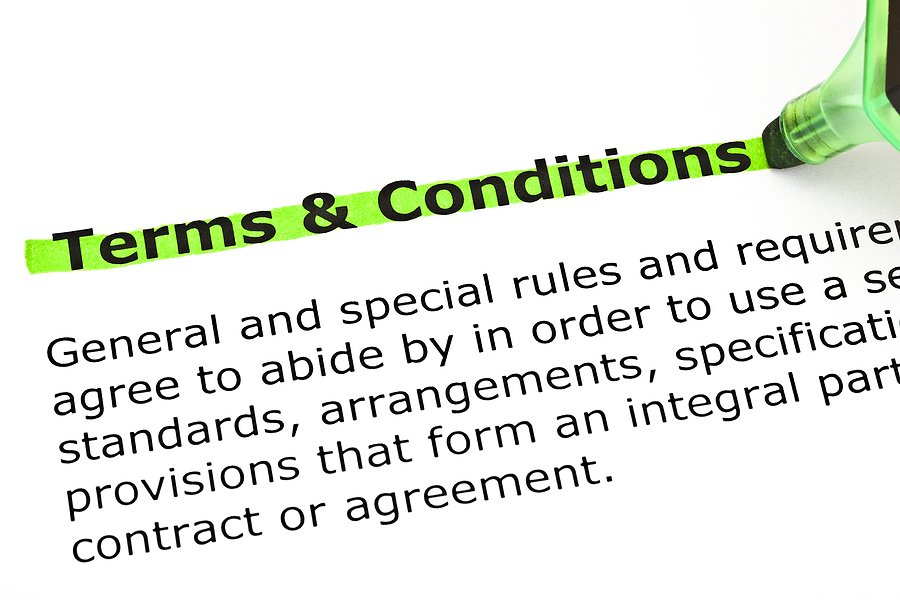When your teenager ends up in the juvenile detention system, it can feel overwhelming and frightening. The situation demands swift action and careful navigation to ensure your teen has the best path forward. Understanding the juvenile detention process in Marion County is essential to help you support your child and work toward their release effectively.
This guide will walk you through the steps required to assist your teen—from the moment they are detained to what happens after their release. We’ll also provide key local resources and practical advice to give you actionable steps today.

Understanding the Juvenile Detention System in Marion County
The Marion County Juvenile Division operates as part of Indiana’s juvenile justice system to handle cases involving individuals under the age of 18. Juvenile detention emphasizes rehabilitation over punishment, but navigating the system to secure release can still be challenging.
Teens arrested in Marion County are typically transported to the Marion County Juvenile Detention Center, where they may be held temporarily. They will go through an intake process and appear in juvenile court to determine the next steps in their legal proceedings.
Understanding the steps in this process is critical to protecting your teen’s future.
Immediate Steps to Take if Your Teen is Detained
If your teen has been detained, acting quickly is essential. Here’s what you need to do immediately after you learn they’re in custody:
- Stay Calm and Gather Details – Contact the Marion County Juvenile Detention Center at (317) 327-8780 to confirm your teen’s location and status. Gather as much information as possible, including the reasons for the arrest and any scheduled court dates.
- Speak with Authorities When Appropriate – Facility staff will guide you on visitation rules and next steps. Keep conversations respectful and cooperative to ensure you collect all the information you need. Be mindful not to discuss the specifics of the case with law enforcement until you have legal counsel.
- Avoid Speaking to the Police on Your Teen’s Behalf – While it may be tempting to explain or defend your child, avoid making statements to law enforcement. Anything said can be used in court. Wait until you’ve hired an attorney to discuss the case.
Why Hiring an Attorney is Critical
One of the most important steps you can take is securing experienced legal representation. Having a lawyer who specializes in juvenile defense ensures that your teen’s rights are protected.
Here’s how an attorney can help:
- Offer valuable advice on how to approach the case.
- Assist in obtaining release through options like juvenile bail bonds when available.
- Navigate hearings and advocate for reduced penalties.
Check out Indianapolis Legal Aid Society, or contact legal professionals specializing in juvenile justice in the area for assistance.
Understanding the Juvenile Court Process in Marion County
Once detained, your teen will go through the juvenile detention process that typically includes the following stages in Marion County:
- Initial Hearing – This hearing usually occurs within several hours to a day after detention. A judge will review the charges and determine whether your teen remains in detention, is released into your custody, or referred to a diversion program.
- Court Proceedings – The juvenile court prioritizes rehabilitation. However, depending on the severity of the offense and your teen’s history, proceedings may involve evidence, witness testimonies, and judicial rulings.
- Outcome and Sentencing – Outcomes can vary, ranging from mandatory counseling or diversion programs to community service or supervised probation.
Your attorney will play a pivotal role in guiding you through this process and advocating for the best result for your teen.
Release Options for Your Teen or Preteen
The judge will determine whether your teen is eligible for release. Here are the most common options available in Marion County:
- Juvenile Bail Bonds – Though not always applicable in juvenile cases, some scenarios might allow for bail. Contact a reputable Indianapolis bail bond company experienced in juvenile cases to explore this option.
- Diversion Programs – Diversion programs for juveniles focus on rehabilitation and often include mentoring, counseling, and participation in educational activities. These programs may prevent your teen from having a formal record.
- Release to Parental Custody – Depending on the circumstances, the judge may allow your teen to go home under your supervision with conditions like attending school regularly or participating in community programs.
Supporting Your Kid During and After Detention
Your teen needs your guidance and support to move forward from this experience. Here’s how you can help them through this challenging time:
- Be Present During Hearings and Meetings – Show your teen you’re there for them. Physically attending court dates and meetings has a positive impact on their morale.
- Help Them Stay Engaged in School and Activities – Talk to school counselors or administrators to ensure your teen stays on track academically, even while navigating legal issues.
- Consult Mental Health Professionals – If possible, reach out to youth counselors or therapists to address any emotional struggles tied to this experience.
- Encourage Positive Behavior – Help your teen recognize the importance of making better choices in the future. Surround them with a positive community and role models.
Local Resources for Parents in Marion County
Navigating the juvenile justice system can feel overwhelming, but Marion County offers several local resources designed to assist families.
Marion County Juvenile Detention
- Address: 675 Justice Way, Indianapolis, IN 46203
- Phone Number: (317) 327-8780
Visit their website for visitation policies and additional information.
Marion County Juvenile Court
- Address: 2451 N Keystone Ave, Indianapolis, IN 46218
- Phone Number: (317) 327-8300
Legal Aid Services
- Indiana Legal Services offers free legal support to low-income families. Visit their website, or call 317-631-9410.
- Visit the Indiana State Bar Association website for a directory of pro-bono legal professionals specializing in juvenile cases.
Key Points
Helping your teenager through a stint in the Marion County juvenile detention system is no easy feat, but it’s not an impossible challenge. By acting quickly, hiring the right legal support, and showing your teen that they have your full commitment, you can guide them toward a successful future.
Remember, focusing on rehabilitation and providing continued support can help your child learn from this experience and grow into a stronger, more responsible individual. Use the available resources in Marion County to guide you through this challenging time, and don’t hesitate to reach out for help when needed. Together, you can overcome this obstacle and help your teen move forward.
If you’re ready to take the first step toward getting your child released, contact us for juvenile bail assistance in Indianapolis. Contact Woods Bail Bonds at 317-876-9600 for professional bail bond service in Marion County, Indiana. We make the bail bond process a piece of cake. Don’t sweat this step–we’ve got your family’s back. Call now.
Related Posts:
Do I Need a Bail Bond for a Minor?
How to Get Your Kid Out of Juvenile Detention in Indiana
How to Decide if You Should Bail Your Adult Child Out of Jail









